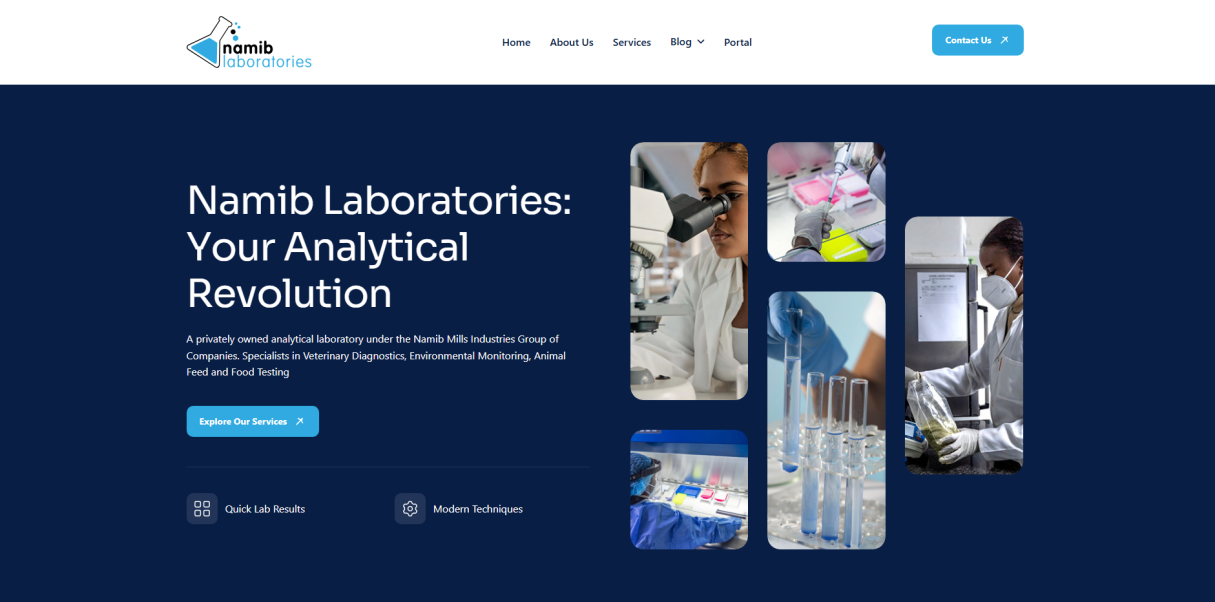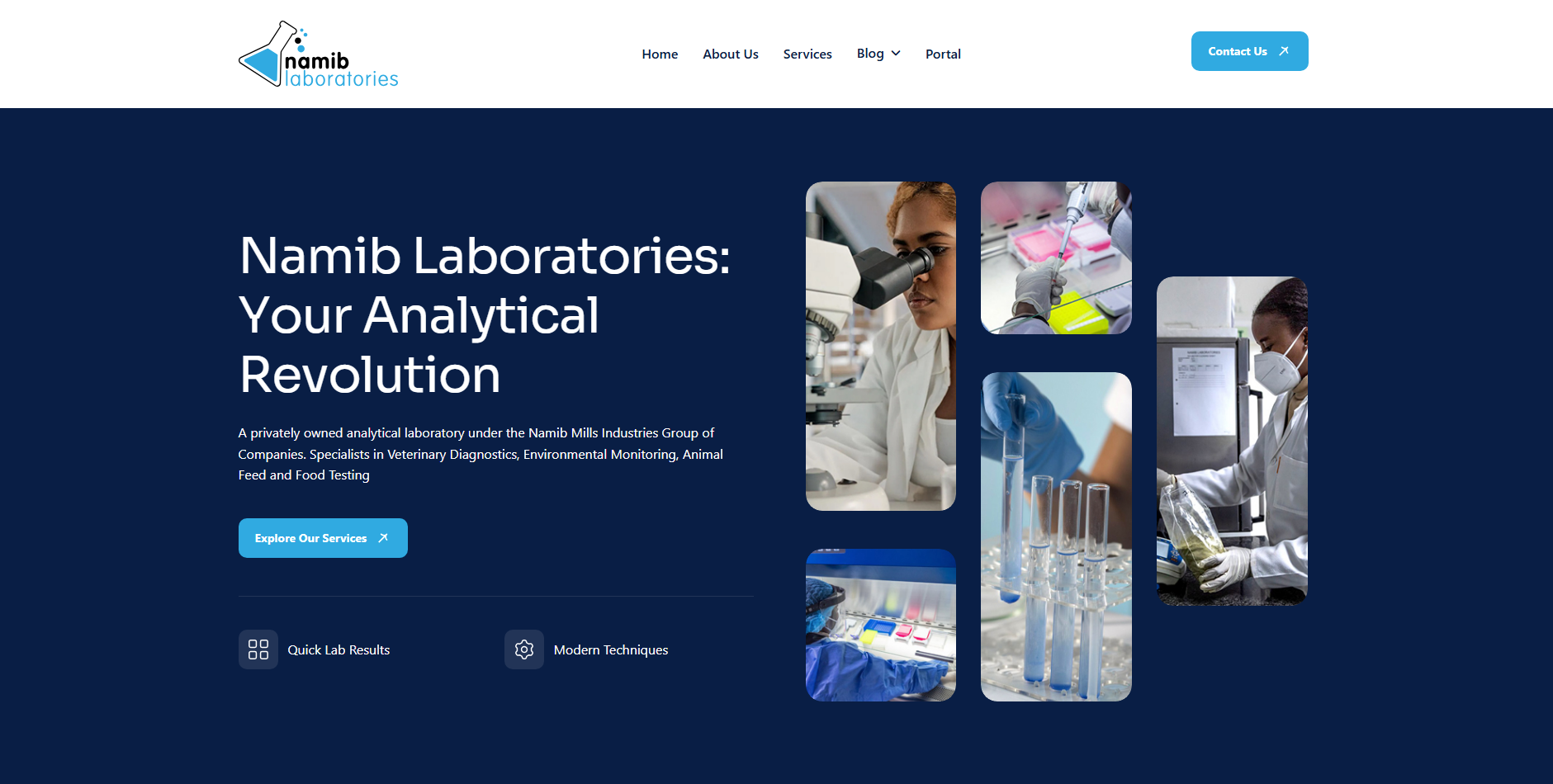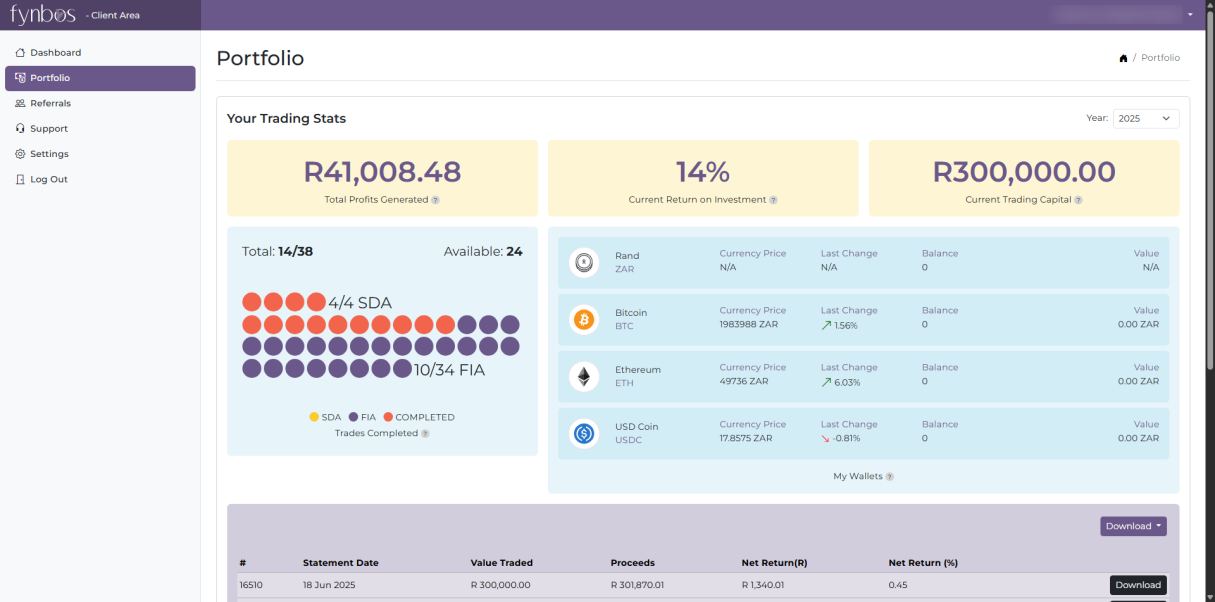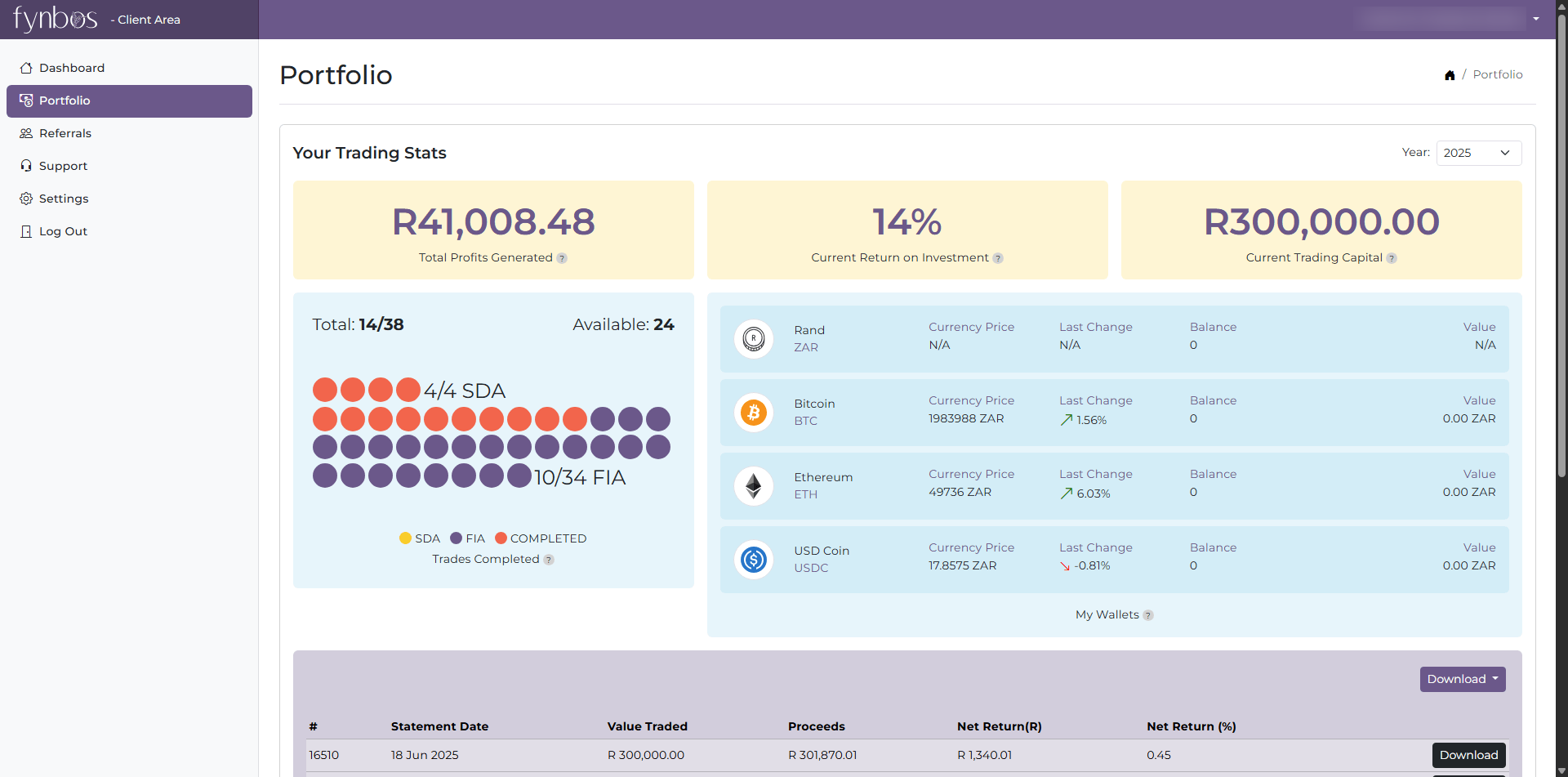The Evolution of Web Apps: From Traditional Websites to Cross-Platform Mobile Solutions
Reach out by submitting
the form below
Contact Information
Whether you are looking for a full-scale system or quick advice, we are always happy to help.
Reach out. We will make it worth your time.
Phone
Let's Talk
Ready to chat? Click the button below to book a time that suits you.
Book A Call Book A Call
Our Latest Projects
Here's What We've Been Up To Lately
work process
See the value in
our Development
Process
01Step
Project Discovery
Our Project Managers collaborate with your team to fully understand your unique needs.
02Step
Strategy Development
We formulate a proposal outlining exactly how we see the project panning out as a whole or in phases.
03Step
Implementing the solution
Our very transparent process ensures clients are kept informed regarding timeframes and budget throughout the project.
04Step
Continuous Monitoring
We work with clients to continuously monitor progress as well as changes to all environments.
Book a call with one of our Project Managers today to see how
Teruza can assist you with your development needs and ultimately boost
your projects potential.
Teruza can assist you with your development needs and ultimately boost
your projects potential.









